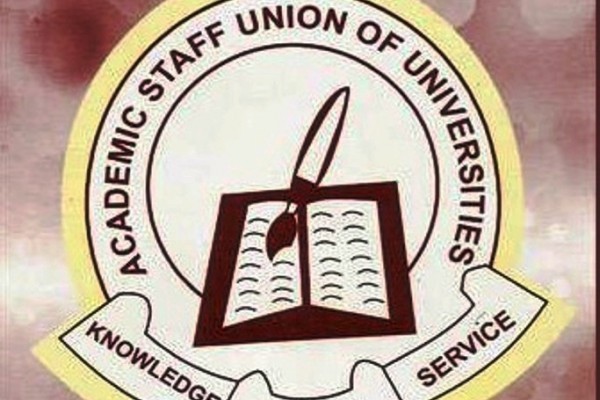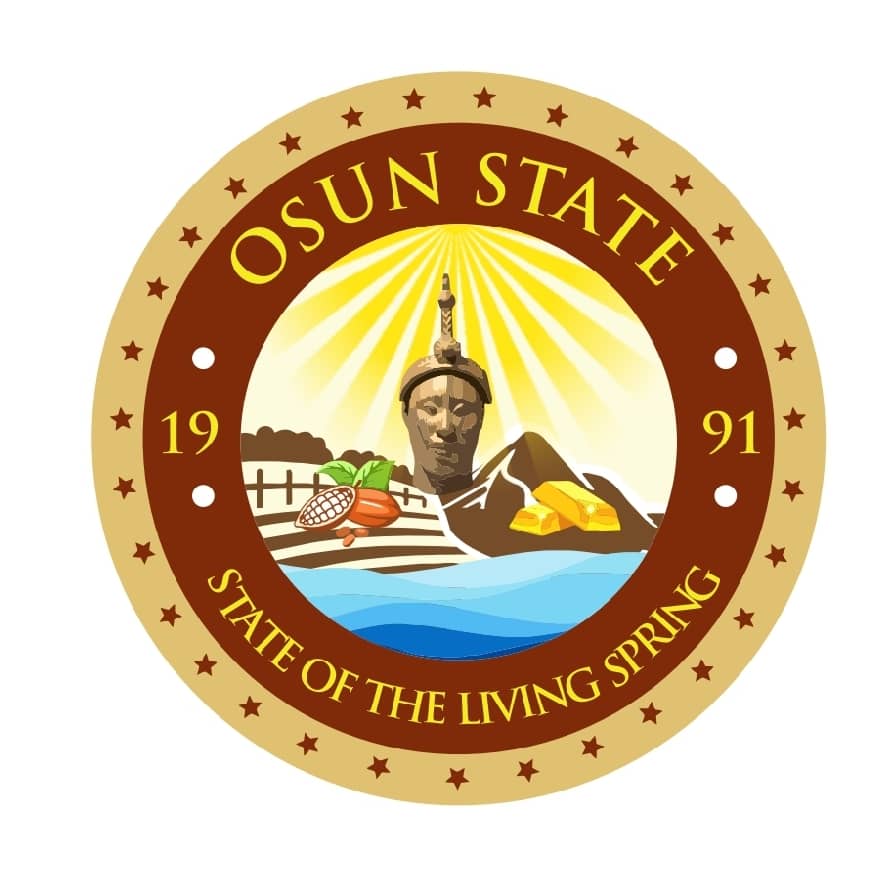ASUU Calls For Sanction Against Institutions Misusing TETFund


The Academic Staff Union of Universities ((ASUU) has called for sanctions against institutions collecting the Tertiary Education Trust Fund (TETFund) without making adequate use of it.
The union also kicked against plan by TETFund to include private universities as beneficiaries of its projects, saying the move would lead to proliferation of private universities devoid of quality.
ASUU President, Prof. Emmanuel Osodeke, made this known at a two-day interactive session between TETFund and all unions of beneficiary institutions in Abuja on Wednesday.
Osodeke while advocating for the abolition of what he referred to as “stakeholders fund”, charged the fund to work more on its project monitoring method.
He added that the level of performance by some of the beneficiary institutions is not in tandem with the amount of money received.
“ASUU will continue to embark on strike until the right thing is done in our tertiary institutions. Stakeholders fund should be abolished,” Osodeke said.
Earlier In his welcome address, the Executive Secretary of TETFund, Sonny Echono, said the interactive session was conceived as a proactive engagement against the backdrop of the prevailing challenges in the subsector.
Echono added that the engagement was also to sustain the steady growth and development of tertiary education.
He said, “It is our fervent hope that this interactive session will provide an enabling environment for us to understand some of our challenges and difficulties in the delivery of quality education in our institutions.
“Thereby making meaningful contribution to the successful execution of the objective of the fund.
“As you all know our primary mandate is to rehabilitate, restore and consolidate tertiary education in Nigeria, using funding alongside project management.
“The session is also expected to serve as a platform to discuss and mitigate incidences of industrial disputes in the tertiary education sector and look at ways to prevent and avoid their occurrences.”


Kazeem Badmus is a graduate of Mass Communication with years of experience. A professional in journalism and media writing, Kazeem prioritses accuracy and factual reportage of issues. He is also a dexterous finder of the truth with conscious delivery of unbiased and development oriented stories.










